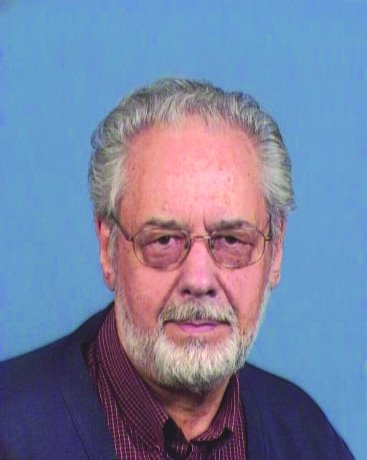The city of Almeria, in Spain, is pioneering new, more efficient ways to manage water. But the city is not alone.
A project, called UrbanWater, is a consortium of 11 organizations from eight European countries, and it has €3 million in funding from the European Union.
I can find no other such multinational effort to manage water, and it could, perhaps, point the way for North American jurisdictions trying to cope with drought as our world continues to warm.
At the heart of UrbanWater is an effort to enable consumers to use water more responsibly. As part of that, there is a suite of innovations being brought into play, including the use of smart water metres that allow consumers to adjust their water use throughout the day, and a system of automatic billing.
As part of the project, a system is being devised to help water utilities predict demand, devise better data management systems, and improve detection of leaks. That last one is important because leakage costs all of us money. I’ve seen estimates of water loss through leakage of around 15 per cent in Canadian systems; I’ve also seen estimates as high as 24 per cent. No one really knows for sure, simply because we’ve never figured out a way to measure leakage precisely.
I had the occasion recently to talk with Gregg Semler, whose company, Lucid Energy, has developed a system to generate hydroelectricity using turbines installed in watermains. The company has working systems in place in a couple of cities in the American West, most recently completing an installation in Portland, Ore.
In our conversation, he stressed that it takes a lot of water to produce hydroelectricity, and it takes a lot electricity to move water. Using the Lucid technology, a water utility can generate electricity, which can be used either within the business to help reduce over-all costs, or it could be sold to the local grid.
Either way, it seems that Lucid’s system is the sort of innovation we in North America need. Maybe European water utilities will look at it as well, in their drive to find innovative ways to manage water.
UrbanWater has said it expects the project’s finding to have relevance for energy management as well as water management. Thus, it could have a positive impact on the use of natural resources across Europe. It could even lead to a management scheme for energy and water together.
Water demand worldwide has more than doubled since the Second World War, and it is expected to increase by another 25 percent by 2030. That’s just 15 years from now.
In the face of that, water is becoming scarcer.
There is a report that Western Canada could soon face severe drought conditions.
John Pomeroy, head of the Centre for Hydrology at the University of Saskatchewan, sounded the warning recently, when he told Toronto’s Globe and Mail newspaper that areas in southern Alberta and the Fraser Valley in B.C. have had little rain, and that the winter snowpack in the mountains has already dwindled to levels normally seen in late summer.
Parts of Vancouver Island are dry, as are the northern coastal islands of Haida Gwaii. Vancouver will face drought conditions as well, unless significant rain arrives soon.
The U.S. National Aeronautics and Space Administration recently announced that researchers had concluded from satellite gravity data that a third of the world’s big groundwater basins are in distress. Twenty-one of the world’s largest 37 aquifers have been depleted past their sustainability point.
All that means simply that more water is being pumped from the aquifers than is being replaced by natural recharge.
That is the backdrop against which the EU launches its UrbanWater project.
It would be nice if it caused North Americans to begin to think rationally about water and how we manage it.
Korky Koroluk is an Ottawa-based freelance writer. Send comments to editor@dailycommercialnews.com.




Recent Comments
comments for this post are closed